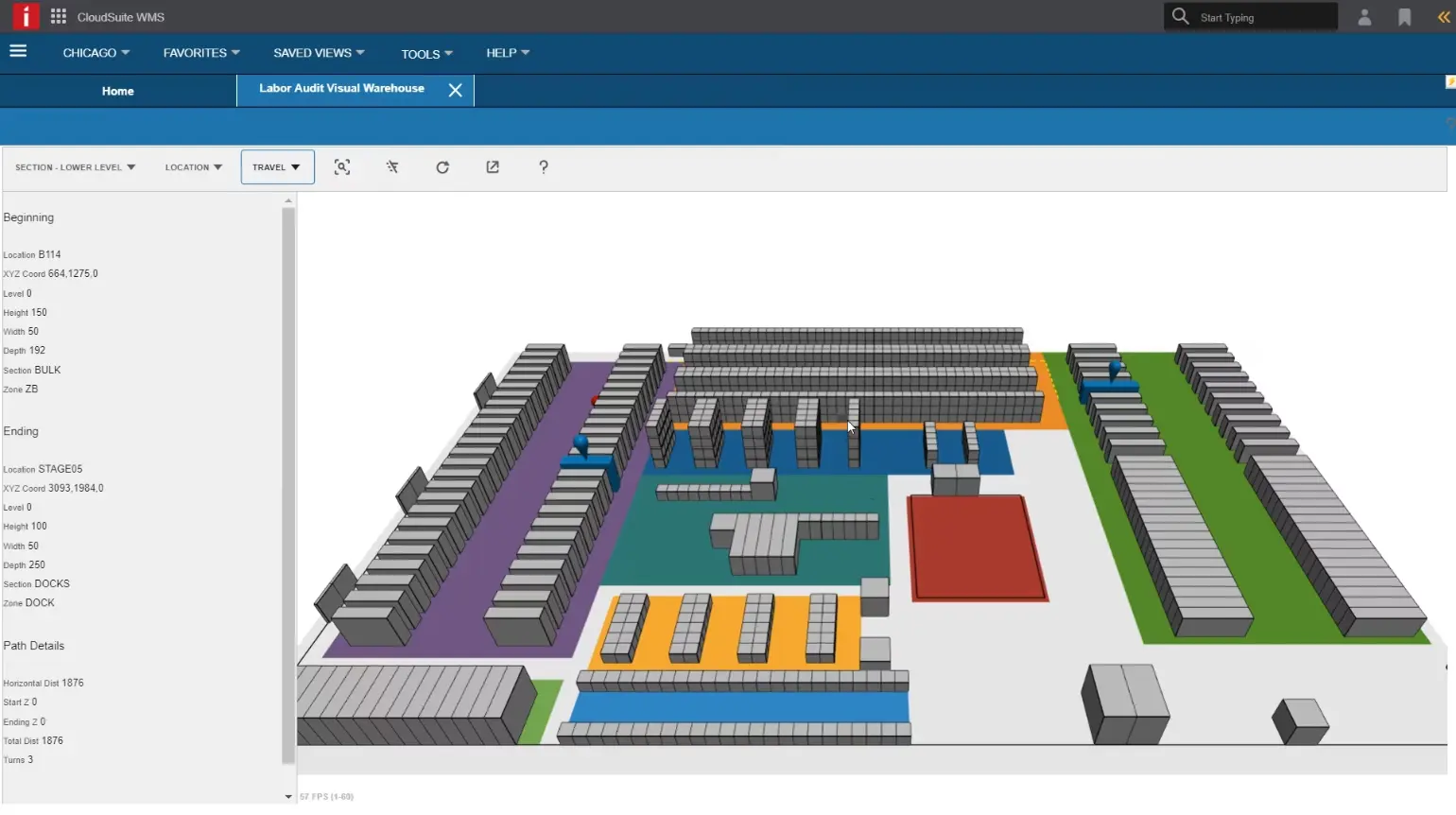The Essential Role of Warehouse Management System and Warehouse Management Software in Modern Supply Chains
Effective supply chain management is the backbone of any successful business. Within the vast scope of supply chain operations, the Warehouse Management System (WMS) and Warehouse Management Software (WMS Software) play a crucial role in optimizing storage, streamlining processes, and ensuring seamless product movement. In this blog, we explore the significance, benefits, and transformative impact of these technologies in modern logistics.
Understanding Warehouse Management System
A Warehouse Management System is a digital solution designed to support the day-to-day operations within a warehouse. From inventory tracking to order fulfillment, a WMS provides real-time visibility and control over warehouse activities. Companies like HashMicro leverage cutting-edge Warehouse Management Software to enhance productivity and minimize errors.
One of the main advantages of a Warehouse Management System is its ability to optimize inventory levels. By accurately tracking products as they move through the supply chain, businesses can prevent overstocking and stockouts, ensuring that products are always available when needed.
Additionally, a robust Warehouse Management Software can help streamline the picking and packing process, reducing errors and improving order accuracy. This not only boosts customer satisfaction but also reduces costs associated with returns and re-shipments.
Key Benefits of Warehouse Management Software
The implementation of Warehouse Management Software brings several benefits to the table:
- Enhanced Inventory Visibility: Real-time inventory tracking ensures that warehouse managers always know the status of their stock.
- Improved Order Accuracy: Automated processes reduce human error, ensuring that the right products are picked and shipped every time.
- Streamlined Operations: Automation within Warehouse Management System reduces manual labor and accelerates warehouse operations.
- Space Optimization: Efficient organization of inventory within the warehouse maximizes storage capacity.
- Cost Savings: By reducing errors and optimizing space, Warehouse Management Software minimizes waste and operational costs.
- Real-Time Reporting: Managers can access real-time data to make informed decisions, enhancing operational efficiency.
Real-World Applications of Warehouse Management Software
Many industries benefit from Warehouse Management Software, including retail, e-commerce, and manufacturing. For instance, large-scale e-commerce businesses use WMS to track thousands of products, ensuring that each order is fulfilled accurately and on time. In manufacturing, Warehouse Management System helps manage raw materials and finished goods, streamlining production and reducing waste.
Furthermore, logistics companies rely on Warehouse Management Software to optimize routes, track shipments, and manage distribution hubs effectively. This technology ensures that products reach customers faster, enhancing overall service levels.
Why Businesses Need a Warehouse Management System
The modern marketplace demands speed, accuracy, and efficiency. A Warehouse Management System enables companies to meet these demands by automating critical tasks and providing visibility into every aspect of warehouse operations. Businesses that adopt Warehouse Management Software are better positioned to handle high-volume transactions and respond swiftly to market changes.
Moreover, solutions like those provided by HashMicro integrate seamlessly with other enterprise systems, enhancing overall supply chain visibility. This integration ensures that information flows smoothly across departments, reducing delays and improving decision-making.
Future of Warehouse Management Software
The future of Warehouse Management Software looks promising, with technological advancements continuously reshaping warehouse operations. From AI-driven analytics to IoT integration, WMS solutions are becoming smarter and more adaptive. These innovations are expected to further enhance efficiency, reduce operational costs, and improve real-time decision-making.
Blockchain technology is also making its way into Warehouse Management System operations, adding a layer of security and transparency to inventory tracking. With these advancements, businesses can anticipate even greater levels of accuracy and efficiency.
Businesses that invest in scalable and flexible Warehouse Management System solutions are likely to stay ahead of the competition. The ability to adapt to market demands swiftly and efficiently will be a critical differentiator in the coming years.
Conclusion
A Warehouse Management System and Warehouse Management Software are not just tools; they are strategic assets that drive business growth. By enhancing inventory accuracy, optimizing space, and streamlining operations, these systems are essential for any business looking to thrive in a competitive market. For companies like HashMicro, the deployment of these technologies marks a commitment to excellence and innovation in warehouse management.
As the digital landscape continues to evolve, investing in a powerful Warehouse Management Software is not just an option—it’s a necessity for future-proofing business operations. With real-time insights, automation, and enhanced inventory control, Warehouse Management System solutions are reshaping the logistics industry for the better.










































